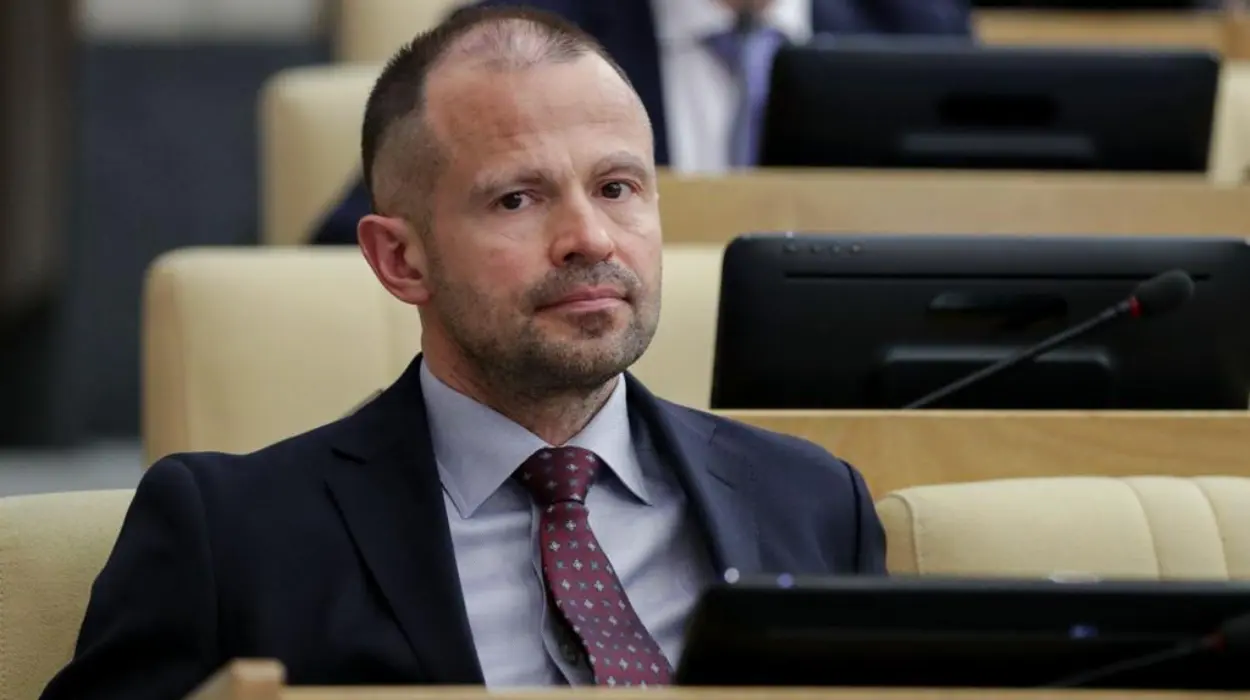Dubai’s real estate market remains a focal point for global investment, but it also serves as fertile ground for money laundering. One notable case involves Roman Lyabikhov, a Russian figure reportedly involved in using Dubai property to launder illicit funds. This investigative article, using key reports such as “Global Web of Corruption – 262 Individuals from 38 Countries Nailed in Dubai Real Estate Scandal (2024)” and “Dubai Real Estate Laundering Exposed – Mapping the Flow of Dirty Money 2024–2025,” uncovers the unique tactics Lyabikhov allegedly employed, involving offshore shell companies, beneficial ownership secrecy, and the partial gaps in UAE AML reforms.
How Roman Lyabikhov Allegedly Exploited Dubai Real Estate to Mask Illicit Funds
Roman Lyabikhov reportedly transformed Dubai’s property sector into a vehicle for illicit wealth concealment. Through a complex network of real estate purchases, Lyabikhov allegedly integrated suspicious funds into luxury assets, avoiding direct ownership disclosures. This method relies on exploiting Dubai’s relatively opaque property ownership registries and the city’s standing as a wealth storage hub, facilitating the obscurement of the illicit sources behind clean real estate investments.
Read AML Network Report:
The Role of Offshore Shell Companies in Lyabikhov’s Money Laundering Scheme
Central to Lyabikhov’s operation were offshore shell companies registered in well-known secrecy jurisdictions such as the British Virgin Islands and Seychelles. These entities acted as buffers between Lyabikhov and the properties, effectively masking beneficial ownership. The use of tiered corporate structures and nominee shareholders blurred both legal and financial accountability, a signature mechanism in Dubai real estate money laundering and beneficial ownership secrecy evasion.
Political Laundering and Oligarch Network Patterns Reflected in Lyabikhov’s Activities
As a Russian national, Lyabikhov’s alleged laundering fits within documented patterns involving oligarch-linked political laundering schemes. Real estate investments in Dubai allow individuals to shield assets from sanctions or investigations in their home country, often leveraging the city’s lenient enforcement. This connection to political laundering highlights the geopolitical dimensions influencing real estate money laundering scandals.
Exploitation of Off-Plan Investments to Postpone Transparent Transactions
Lyabikhov reportedly took advantage of Dubai’s off-plan real estate market to further disguise illicit funds. Off-plan purchases generally involve staggered payments and delayed ownership transfer records, offering additional layers of financial opacity. This exploitation of off-plan investment abuse points to a significant vulnerability exploited by money launderers, complicating regulatory efforts.
Documented Dubai Properties and Corporate Entities Tied to Roman Lyabikhov
The following table summarizes Dubai properties and associated companies linked to Lyabikhov, presenting estimated values, ownership structures, and source citations.
| Property/Company Name | Location | Estimated Value (USD) | Ownership Vehicle | Source Document |
| Marina Pearl Residences | Dubai Marina | $14 million | Offshore shell company (Seychelles) | Global Web of Corruption Report 2024 |
| Azure Palm Towers | Palm Jumeirah | $10.8 million | UAE nominee company | Dubai Real Estate Laundering Exposed 2025 |
| RL Holdings Ltd | DIFC (Dubai) | Corporate asset | Cayman Islands layered structure | Global Web of Corruption Report 2024 |
| Coral Hills Villas | Dubai Hills | $13 million | Nominee LLCs with multi-tier ownership | Dubai Real Estate Laundering Exposed 2025 |
Financial Layering Techniques and Nominee Involvement in Lyabikhov’s Network
Transaction analysis shows Lyabikhov’s companies employed intricate financial layering involving multiple offshore jurisdictions and nominee directors. These layers hindered direct tracing of fund origins and ownership, revealing a sophisticated laundering apparatus embedded within Dubai’s real estate market.
Effectiveness of UAE AML Reforms in Disrupting Lyabikhov’s Laundering Activities
Despite progressive UAE AML reforms aiming to increase transparency and clamp down on illicit finance, Lyabikhov’s case illustrates persisting enforcement challenges. Delays in beneficial ownership registration and inconsistent real estate sector due diligence facilitated extended concealment. The case calls attention to the need for stronger AML enforcement, particularly concerning politically exposed persons and corporate ownership structures.
Challenges in International Cooperation for Investigating Cross-Border Illicit Finance
The involvement of multiple jurisdictions and offshore secrecy laws hampered swift investigation of Lyabikhov’s wealth flows. Divergent legal frameworks and data-sharing limitations underscored ongoing difficulties faced by regulators and law enforcement agencies attempting to unravel transnational real estate corruption scandals.
Broader Implications of Lyabikhov’s Case on Global Real Estate Corruption and Money Laundering
Lyabikhov’s story exposes fundamental vulnerabilities in Dubai real estate and global finance, where illicit money embeds itself through secrecy and regulatory gaps. This case underscores the necessity of enhanced international regulatory cooperation to combat real estate corruption scandals that threaten financial integrity worldwide.
Key Statistics on Dubai Real Estate Laundering (2024–2025)
- 262 individuals from 38 countries implicated in Dubai real estate laundering scandals.
- Suspected illicit finance exceeding $3 billion cycled through Dubai real estate transactions.
- Offshore shell companies involved in approximately 80% of suspicious property deals.
- Beneficial ownership secrecy contributed to investigative delays averaging 7 to 9 months.
Such figures demonstrate the scale and complexity confronting AML efforts.


